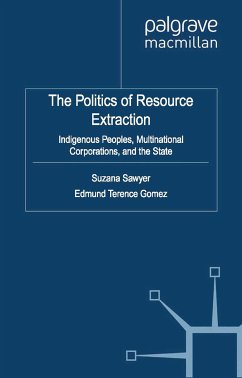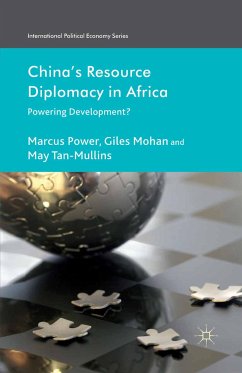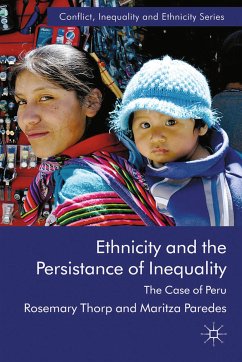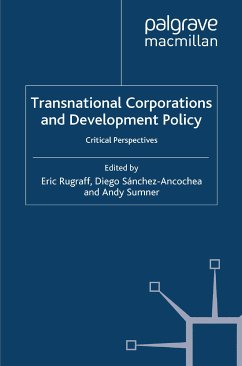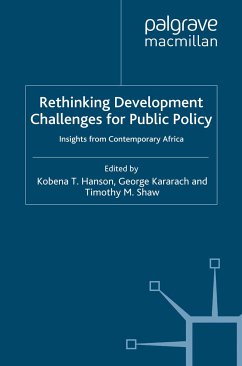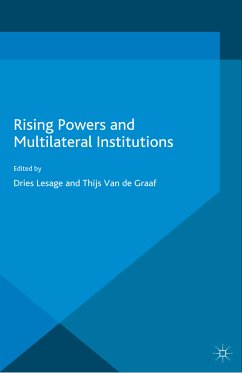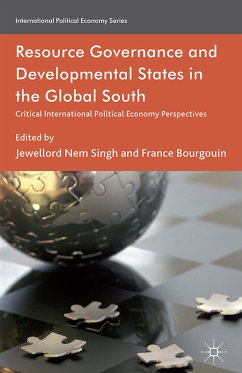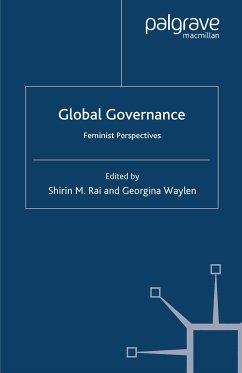Dieser Download kann aus rechtlichen Gründen nur mit Rechnungsadresse in A, B, BG, CY, CZ, D, DK, EW, E, FIN, F, GR, HR, H, IRL, I, LT, L, LR, M, NL, PL, P, R, S, SLO, SK ausgeliefert werden.
"Scrutinizing the intricate and complex politics of resource extraction involving indigenous communities, multinational corporations, and domestic and multilateral government institutions across the globe, this well-crafted edited volume brings together case studies from around the globe. Each narrative of indigenous struggles with extractive industries and state hegemonies featured in this collection tells a common and sad story of indigenous marginalization, disadvantage, and plight. The breadth and scope of this piece of work will not only provoke thought and stimulate insights but will spur indigenous activism. It is indeed a compelling read." - Alberto G. Gomes, La Trobe University, Australia

